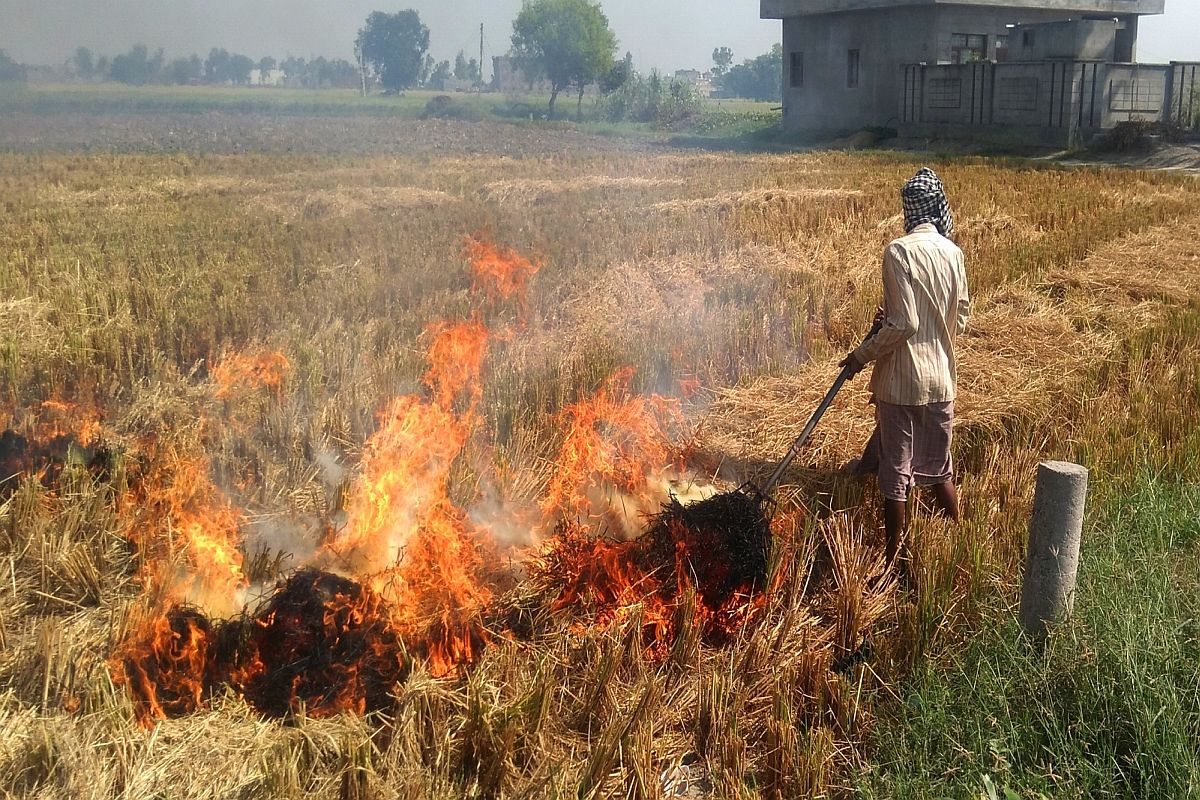The Punjab Chief Secretary and Member Secretary of the Central Pollution Control Board (CPCB) have been issued notices by the National Green Tribunal, expressing concern about the burning of crop residue that contributes to air pollution in the National Capital.
The media reports highlighted an increase in farm fires in Punjab prompted the NGT to consider a petition that it had started on its own, or suo motu.
Advertisement
According to the report, one of the “biggest contributors” to pollution in the National Capital Region (NCR) is stubble-burning in the state during the autumn.
Judge Prakash Shrivastava, the chair of the NGT, and expert member A Senthil Vel’s bench highlighted a report from the Punjab Pollution Control Board (PPCB) that included hotspot district names and comparative data on stubble-burning incidences over a three-year period.
It noted that in order to determine where corrective actions should be concentrated, the state authorities, including PPCB officials, required to pinpoint the hotspot districts’ most severely damaged areas.
“The period when the stubble burning takes place is mainly between September 15 to November 30. Hence, during this period, the concerned authorities are required to be vigilant in identifying the violators, and in taking remedial measures, including imposition of penalty,” the bench said.
While the number of farm fires this year to date are not known, in the year 2022, till October 28, a total of 10,214 cases of farm fires were reported in Punjab. As per the Central Pollution Control Board figure, the AQI was poor in many Punjab cities such as Amritsar 238, Ludhiana 207, Sangrur 297, Patiala 274, and Taran Tarn 258. Air Quality Index (AQI) between 200 to 300 is considered to be ‘poor’ and between 300 to 400 is considered to be ‘very poor.’
















